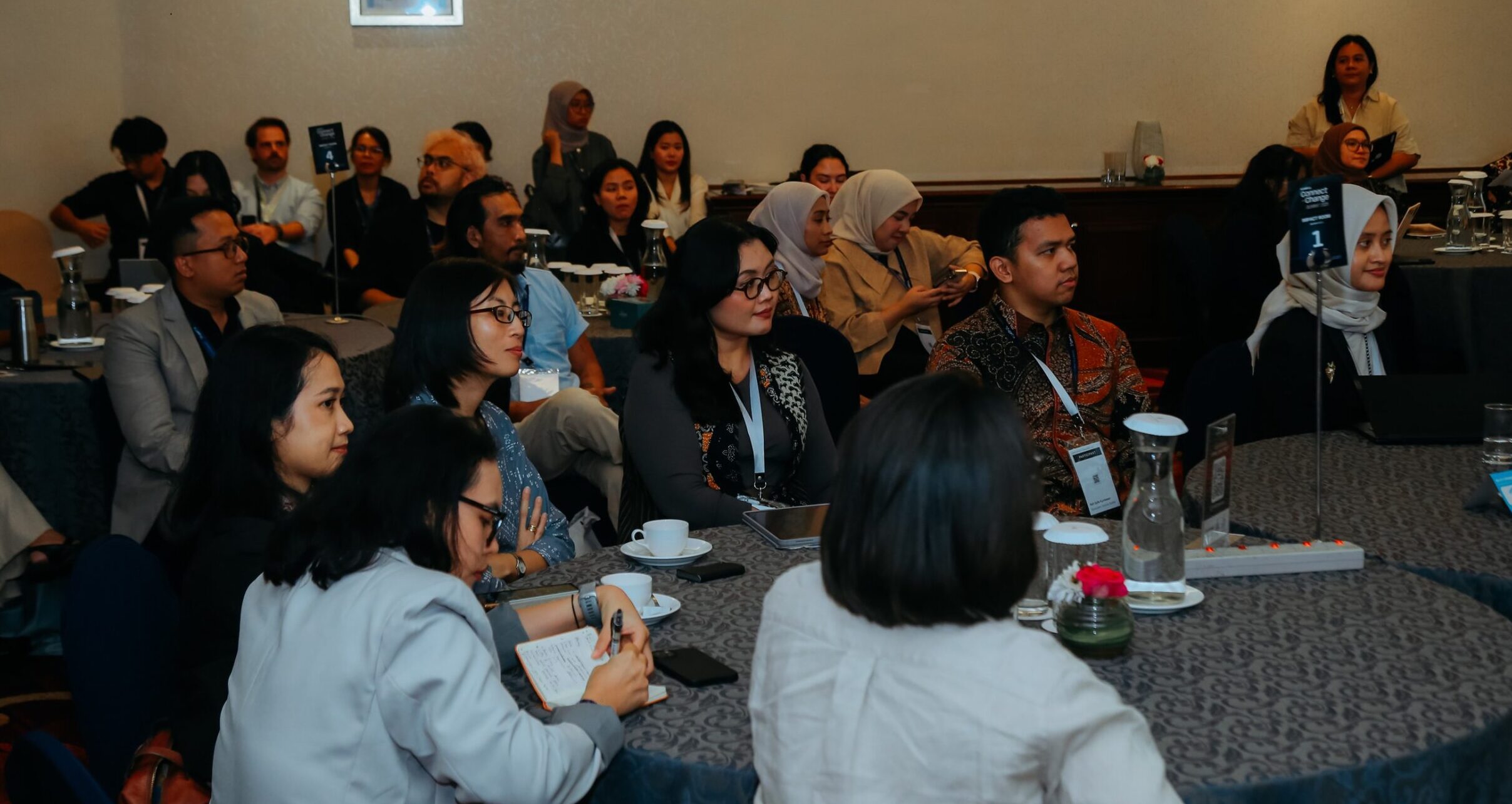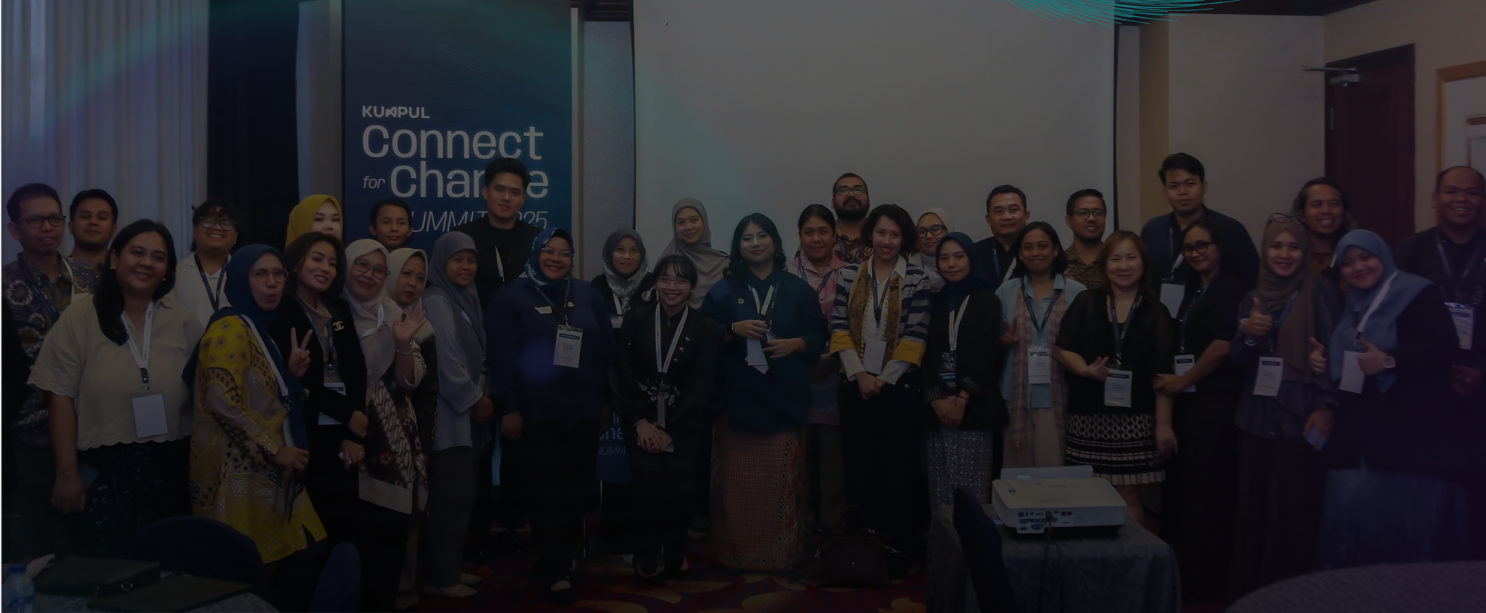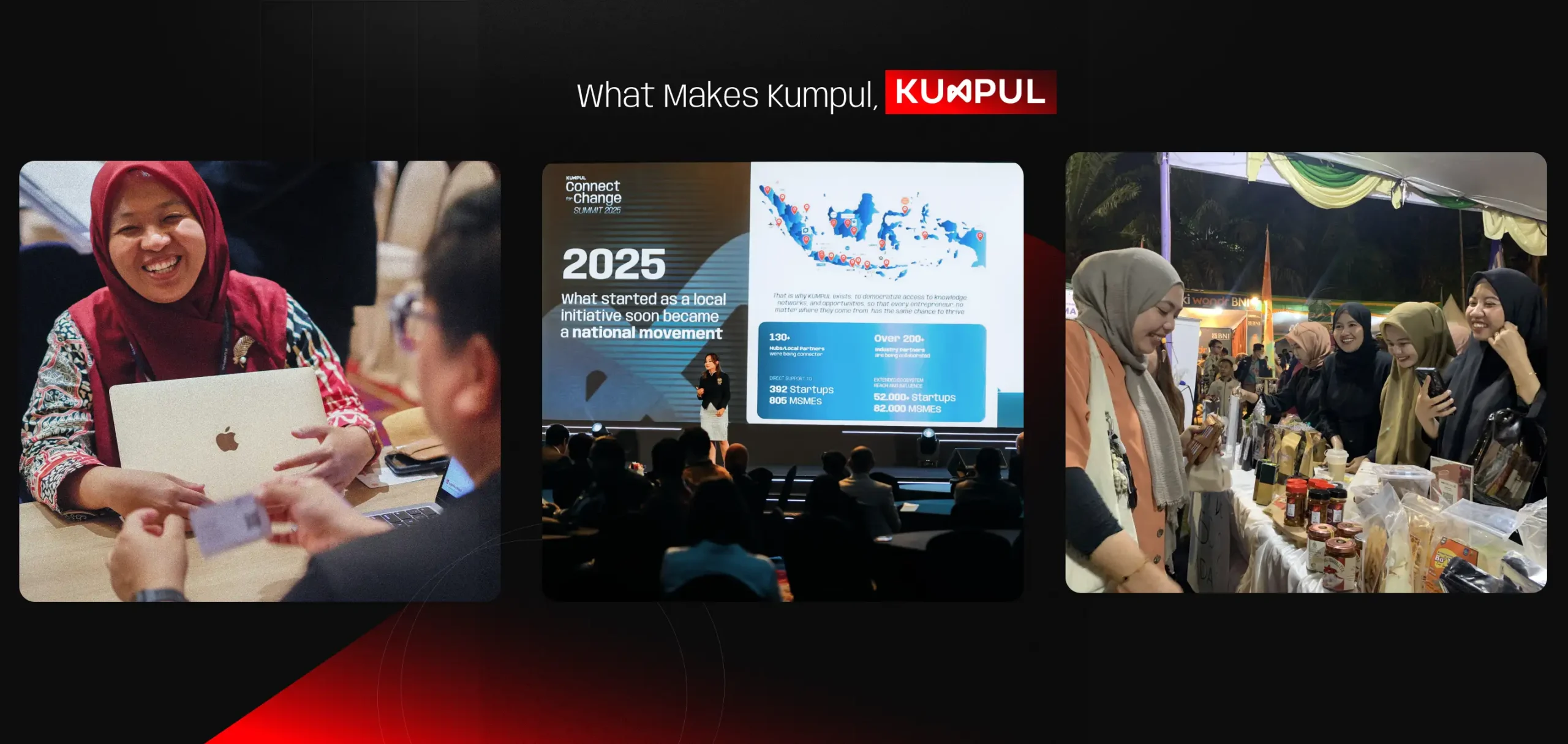Women play key roles in climate-sensitive sectors, yet many of the changes they experience in income, skills, or resilience are still not captured by existing measurement systems. This issue became a central discussion point at the Executive Lab Forum during the KUMPUL C4C Summit, where participants examined why accurate impact measurement remains essential for gender-responsive climate finance.
Why Measuring Impact and Strengthening Accountability Matter
Clear and consistent data helps show who is being reached, what practices are being applied, and whether resilience is improving over time. It also helps institutions understand whether their support is producing the outcomes they intend.
Forum participants shared concerns that current approaches often overlook gendered realities and fail to capture the depth of change that women experience. This gap weakens accountability and makes long-term learning more difficult.
Key issues raised included:
- Changes experienced by women rarely appear in formal indicators.
- Systems focus heavily on participation numbers rather than quality of change.
- Important shifts such as confidence or decision-making power remain undocumented.
The Cost of Fragmented Indicators
Although gender-lens finance has grown, many measurement systems still rely on fragmented, donor-driven tools that are not grounded in local realities. Without consistent gender-disaggregated data, it becomes difficult to assess long-term outcomes or compare results across programmes.
Stakeholders highlighted several challenges:
- Indicators emphasise financial outputs more than empowerment outcomes.
- Community perspectives remain limited in defining what should be measured.
- Tools vary widely across programmes, limiting comparability.
- Fragmented data weakens the ability to understand whether resilience is improving.
What Should Be Measured
Forum participants agreed that progress cannot be measured by counting participants alone. Systems need to reflect the depth and quality of change. Several key areas were highlighted as essential for gender-responsive climate finance:
Financial outcomes
- Shifts in revenue
- Cashflow stability
- Repayment capacity
- Access to new markets
Behavioral and agency shifts
- Confidence
- Decision-making roles
- Leadership involvement
- Ability to adopt new practices
Context-specific climate resilience
- Product diversification
- Reduced climate-related losses
- Use of adaptive techniques such as solar drying
Field cases from NTT show that when women farmers adopt simple improvements like solar-drying methods, product quality improves, losses decrease, and new market opportunities open. This example illustrates why adoption and agency must be included in impact indicators.
Strengthening Accountability Through Accessible Tools
Forum discussions highlighted that accountability becomes stronger when data is clear, consistent, and easy for participants to report. Several practical approaches were shared:
- Localized delivery
Using local languages helps ensure participants understand questions and provide accurate responses. - Simple visual tools
Icons and colour-coded steps support participants with low literacy and encourage consistent reporting. - Community-based session formats
Sessions held close to where women live reduce dropouts and lead to more complete monitoring data. - Child-friendly participation
Safe spaces for children allow mothers to attend regularly, improving attendance and data reliability.
These approaches show that accountability depends not only on the data collected but also on the accessibility of the tools used.
Moving Forward in Gender-Responsive Climate Finance
Insights from the Executive Lab Forum reinforce a shared understanding: measuring impact in gender-responsive climate finance must reflect real changes, not just numerical reach. Strengthening accountability begins with systems rooted in local realities and tools that women can use comfortably and consistently.
By focusing on practical indicators and accessible reporting methods, programmes can understand progress more clearly and support the climate resilience of women who work in climate-affected sectors..
Grow Locally, Expand Globally with KUMPUL
As Indonesia’s leading entrepreneurship ecosystem enabler, KUMPUL accelerates growth by connecting entrepreneurs with strategic networks, exclusive resources, and expert insights.
We strengthen local communities while facilitating two-way global market access, helping international businesses tap into Indonesia’s dynamic ecosystem, and empowering local entrepreneurs to expand globally.
Through impactful collaborations with key industry players, KUMPUL enables entrepreneurs to scale efficiently, compete globally, and create meaningful impact.
Ready to be part of this journey? Complete this form and join KUMPUL in shaping the future of entrepreneurship!





